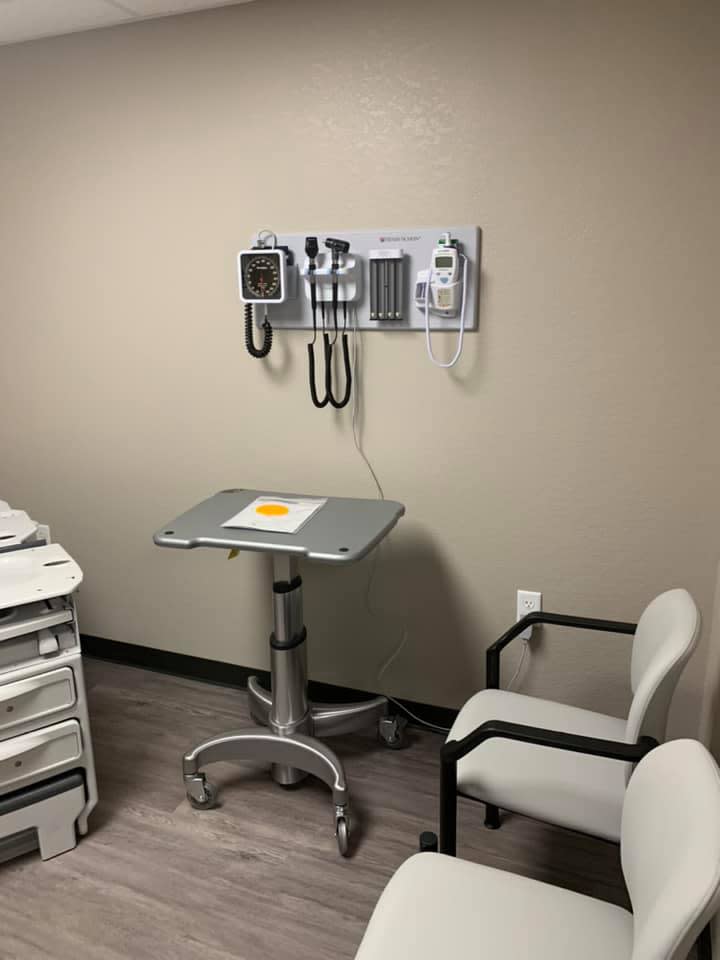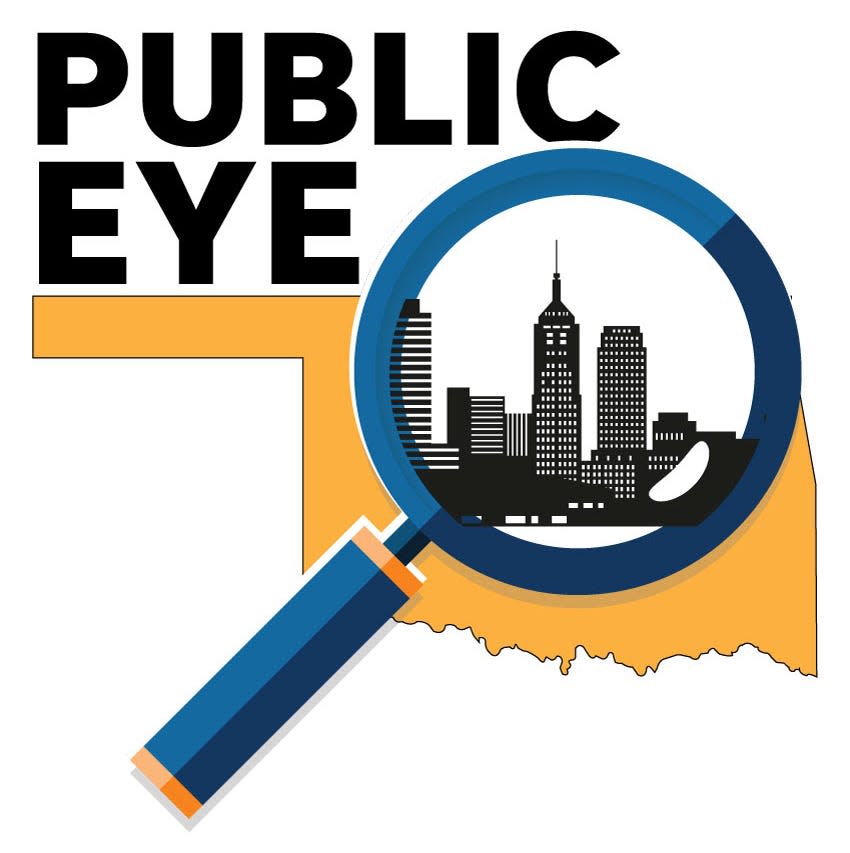Public Eye: Sticker shock at the doctor's office — Why do hospitals charge 'facility fees?'

- Oops!Something went wrong.Please try again later.
John Penn expected a doctor bill when he went to the McAlester Regional Health Center, but he was shocked by what came with it -- a separate $193 charge for the room.
He asked the doctor: "Next time can we meet in the parking lot?"
Penn reached out to Public Eye to tell his story, hoping others who read it can prepare themselves for unexpected medical charges under similar circumstances. The hospital's room charge nearly doubled his bill for what was essentially a checkup.
The problem: medical charges you don't expect
Penn said he recalled seeing a handwritten sign in the office warning that patients might receive another bill separate from their physician.
"They need far better disclosure than putting a pencil-written note taped to an admissions window," he said.
Facility fees are nothing new. But as the health care industry becomes more centralized and hospitals buy up clinics in the area, there are more chances for a patient to find themselves in this situation.
"Think of going to the grocery store to buy your milk and being charged a facility fee because you entered the store," said Cynthia Fisher, founder and chairwoman of PatientRightsAdvocate.org, a nonprofit organization seeking healthcare price transparency and creation of a functional health care marketplace. "When you can get access to this information in advance of care and upfront, you wouldn't tolerate it. You'd go to a doctor's practice that's not going to charge you a facilities fee."
More: Public Eye investigates issues that impact you. This is what we've found so far
Independent doctor's offices and clinics aren't allowed to charge a separate facility fee, but hospitals can. If your doctor uses a hospital-owned exam room to see you, the hospital might send you their own bill.
Facility charges are increasing at a faster pace than other services, too. An analysis of emergency department evaluation and management services by KFF, formerly known as the Kaiser Family Foundation, showed that facility fees increased four times faster (531%) than professional fees (132%) between 2004 and 2021.
What we found: A common practice
When asked about its policy on facility fees, MRHC Foundation Executive Director Chris Plunkett pointed to a memo outlining the hospital's "provider-based billing" practices. According to the memo, MRHC splits charges for patients who visit a clinic but not necessarily are admitted into the hospital. Doing so "is the national model of practice for health care networks" like MRHC.
"One charge will be a professional fee (clinic charge), and the other will be a technical fee (hospital charge). The combined total charge is the same, but the components are split," the memo states.
It gets even more complicated because some health insurance plans treat the charges differently. Depending on your coverage plan, your insurer might not cover facility charges.
So what about the rules on price transparency?
Federal rules don't require a physical posting of prices and charges. However, they must be posted "prominently on a publicly available website."
More: Medicare's priciest drugs may get cheaper as feds start negotiations. Big Pharma objects.
In The Oklahoman's analysis of hospitals' databases last October, prices were missing for several procedures we spot-checked. The "consumer-friendly" tools, on the other hand, often ask patients to fork over their insurance details before it's possible to access a cost estimate.
The McAlester hospital does have a list of charges, but a patient must navigate several clicks into its website where the list is available in an XML file that must be downloaded and opened with an appropriate computer program that can read it.
Hardly easy to find.
Their website also includes a slightly more user-friendly tool that lets you see the estimated cost of popular procedures.
When Penn spoke with Public Eye, he hadn't yet received a formal bill from the hospital. The facility fee was listed on a document sent by his insurance company that showed what charges he might be responsible for paying.
"If it had been 10 or 20 bucks, ehh, I probably would have blown it off. But a charge for a treatment room for 10 minutes is $193, I mean, come on," Penn said.
What's next for patients: New transparency efforts
After that single visit to the doctor in McAlester, Penn decided to find another doctor. He'll now have to drive a half hour north to Henryetta.
"This is unfortunate because now, I'm not gonna go back to that doctor with these charges hanging over my head," he said.
The issue of facility fees has caught the attention of President Joe Biden, who recently issued guidance to ensure more transparency in health costs. The administration hopes to tamp down on providers who charge surprise facility fees.
Biden said health plans and providers must make information about these facility fees publicly available to consumers, as well as other price information for services and items they cover or provide. He also clarified that the transparency law, called the No Surprises Act, can't be evaded by charging patients a "facility fee" in lieu of other prohibited charges.
Fisher said there is movement in Washington D.C. to codify hospital price transparency in federal law. That includes an effort to implement "site neutrality."

"That's a more complex way of saying we move to a place where we eliminate these facility fees and we have fair market prices for goods and services," she said. "When we're all empowered, it allows all of us as patients to protect ourselves from the overcharges, drive down the costs and then begin to shop."
To keep your medical costs as low as possible, or at least to fully understand what's being charged, Penn suggests Oklahomans ask about costs before an appointment.
"Am I going to be charged for the room? Am I going to be charged for the guy cleaning the toilet? Am I going to be charged for lab work and all this stuff?" Penn said. "And if they say yes, then start asking how much."
Got a problem? Public Eye can help. Email us at publiceye@oklahoman.com.
This article originally appeared on Oklahoman: Health care cost sticker shock: Why hospitals charge a 'facility fee'

